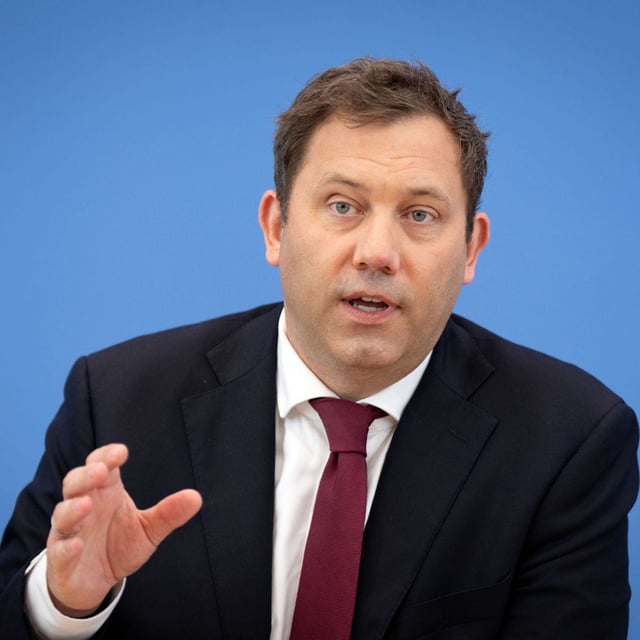Overview
- Germany’s finance minister told cabinet colleagues in a letter that 2027 budget plans face a shortfall of more than €30 billion.
- He set an unusually early kickoff for the process, with state secretaries to meet in the first half of September to map next steps.
- Klingbeil wrote that expected growth and previously agreed administrative cuts will not be enough, urging clear spending priorities.
- He recently signaled openness to higher taxes on very high incomes and wealth, a move publicly rejected by CDU/CSU leaders.
- Planning documents cited in reporting point to a roughly €172 billion gap across 2027–2029, and experts caution that taxing top earners alone will not close it.


